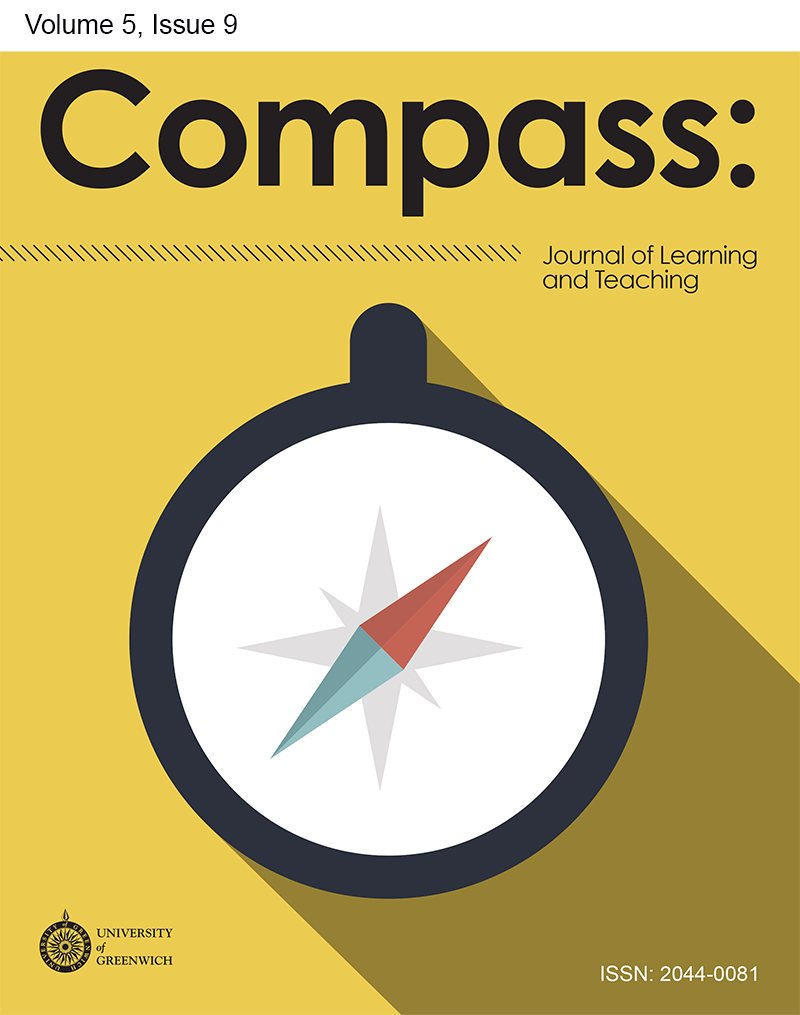Teaching a Master of Professional Practice in Games Development A case study of the ‘MProf’ in Games Development at the University of Abertay Dundee
DOI:
https://doi.org/10.21100/compass.v5i9.116Keywords:
Professional Practice, Employability, Computer GamesAbstract
A suitable analogy for student teams at university is perhaps that of a football team. In this case, half would not turn up to play the game – or train – and would not have learnt the rules, requiring desperate cover by the other half of the team. This other half would be a disparate collection of individuals, some of whom may try to change the shape of the ball through a sense of curiosity or just to see what could happen, some would change the rules of the game if they seemed too hard, and practically all of them would not move until 5 minutes before the final whistle. There would be a couple of students who were actually trying to play properly – but they would burn out, consumed by a combination of frustration and rage. A disastrous model to take forward into employment in games, the University of Abertay sought to address and ensure that graduates from a new Masters programme could emphatically demonstrate the value that Universities could offer
References
Developing Professional Knowledge And Competence, Michael Eraut, Routledge (5 Sep 1994)
The Livingstone Hope Review, Ian Livingstone and Alex Hope, NESTA, 2011
http://www.skillset.org/games/careers/article_2768_1.asp, 2006, accessed June 12th 2012
Learning Journals: A Handbook for Reflective Practice and Professional Development, Jennifer A Moon, Routledge; 2 edition (27 July 2006)
Downloads
Published
How to Cite
Issue
Section
License
Compass: Journal of Learning & Teaching provides immediate open access to its content on the principle that making research freely available to the public supports a more equitable global exchange of knowledge.
Works are released under the default licence of Creative Commons Attribution 4.0 International (CC BY), which provides unrestricted use, distribution, and reproduction in any medium, provided the original work is properly cited. If authors require a divergent licence, please contact the Scholarly Communications Manager at scholarlycommunications@greenwich.ac.uk.
Authors of articles published in Compass: Journal of Learning & Teaching remain the copyright holders to their published work and grant third parties the right to use, reproduce, and share the article according to terms of the Creative Commons license agreement applied to the work by Compass: Journal of Learning & Teaching.
Self-archiving policy: authors are permitted, and encouraged, to deposit any version of their article - submitted, accepted, and published versions - in subject and institutional repositories at any time.
If you have any queries about the choice of license, or which to discuss other options, please contact the Scholarly Communications Manager at scholarlycommunications@greenwich.ac.uk.



